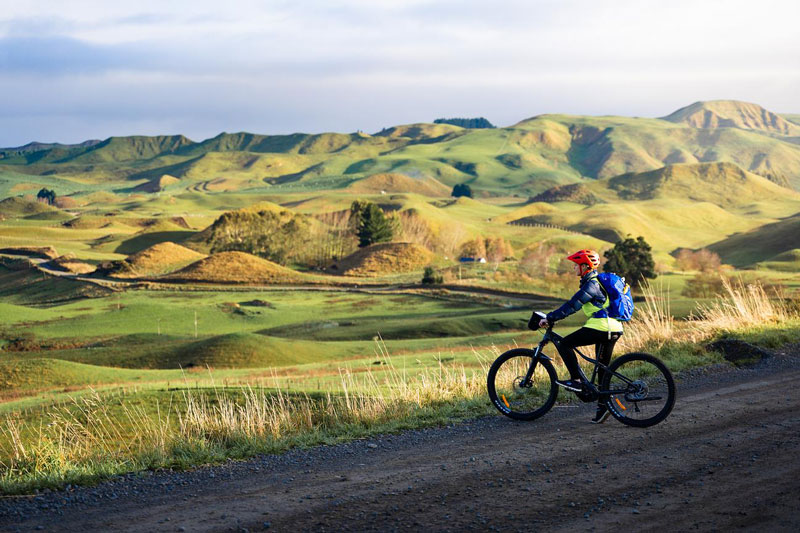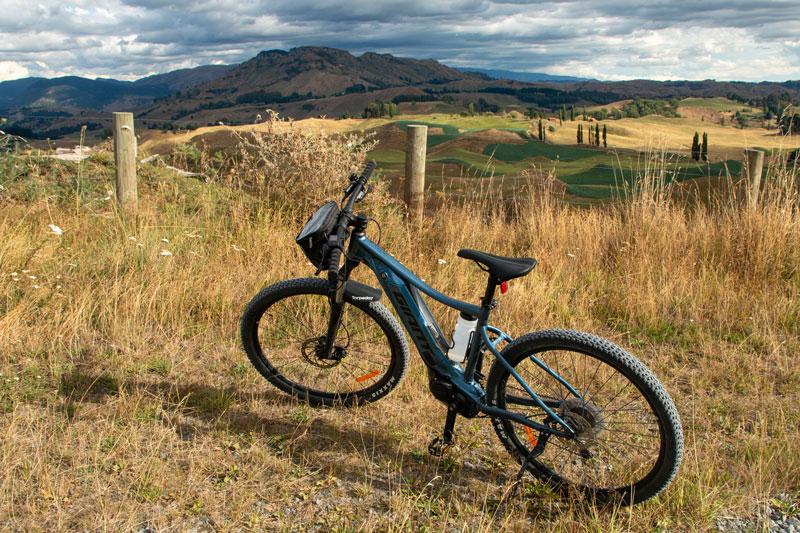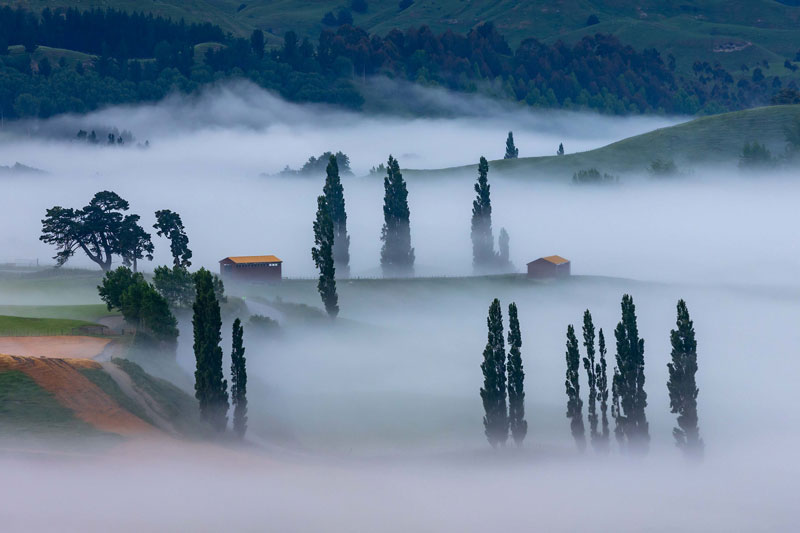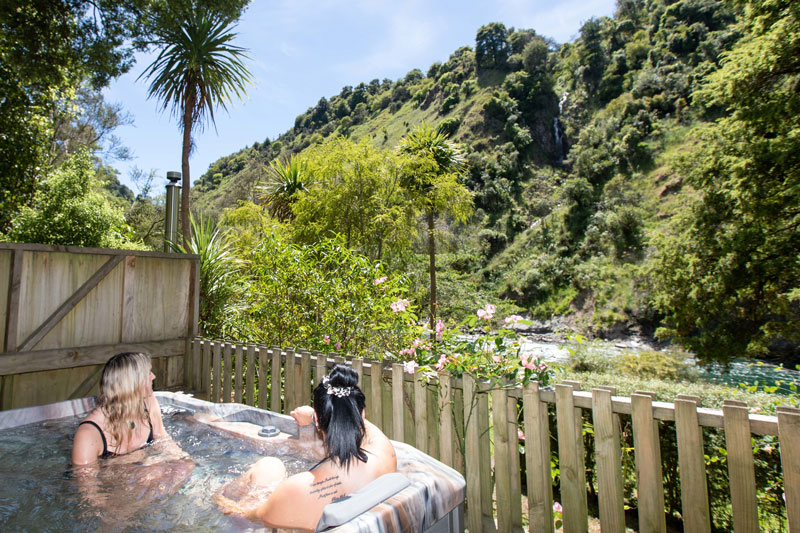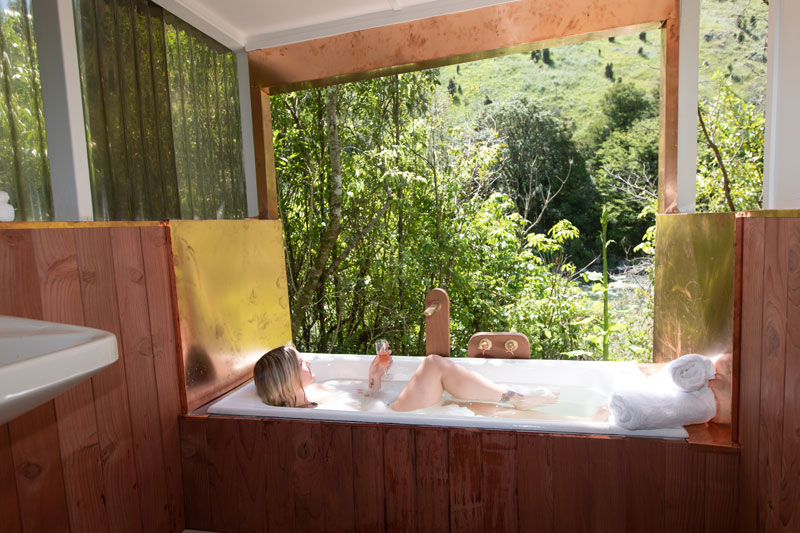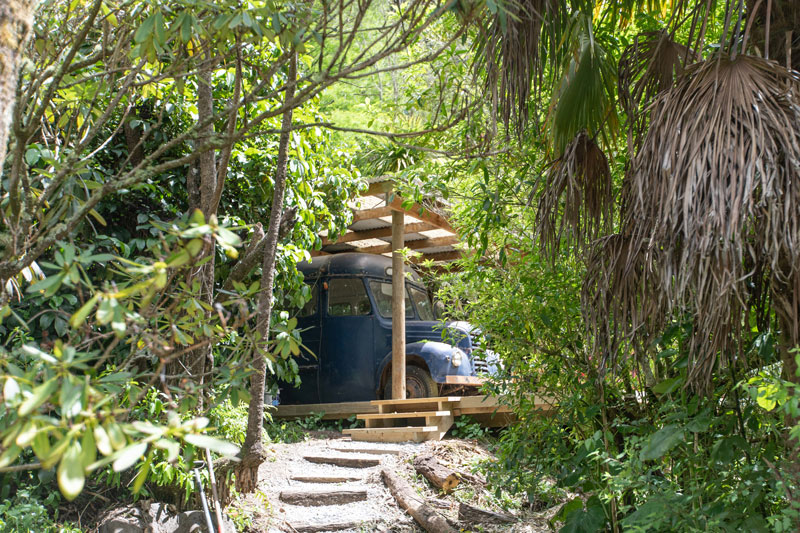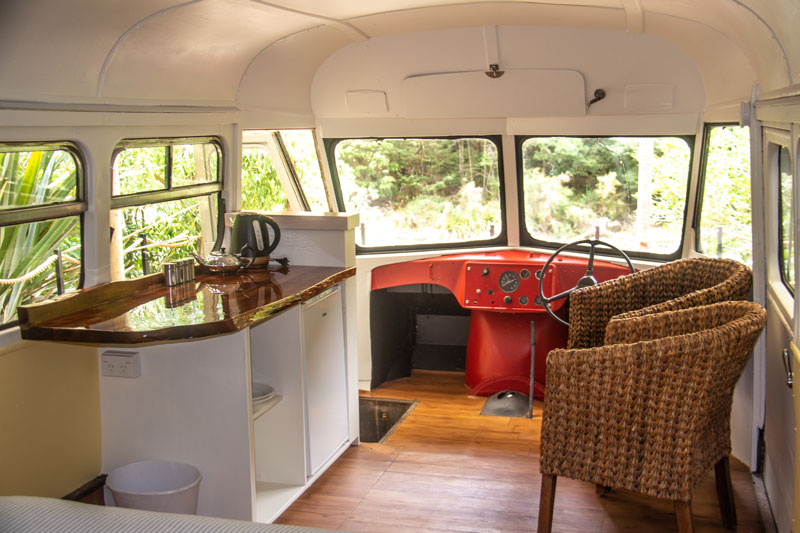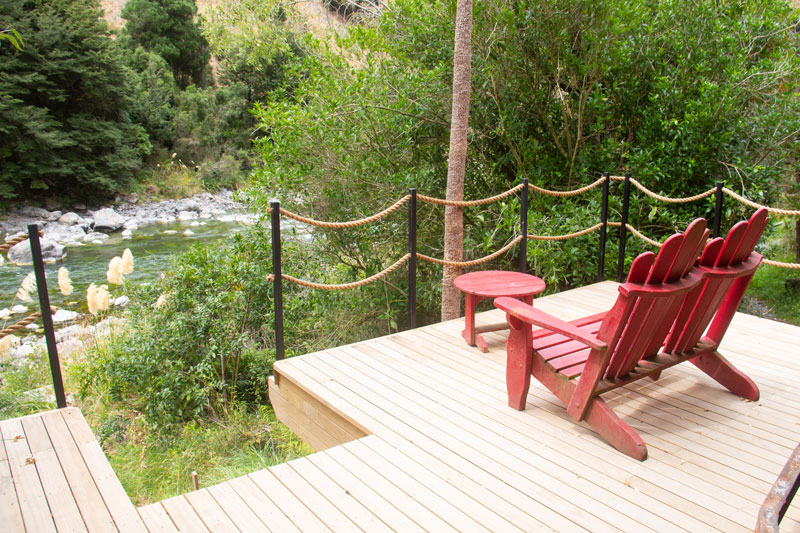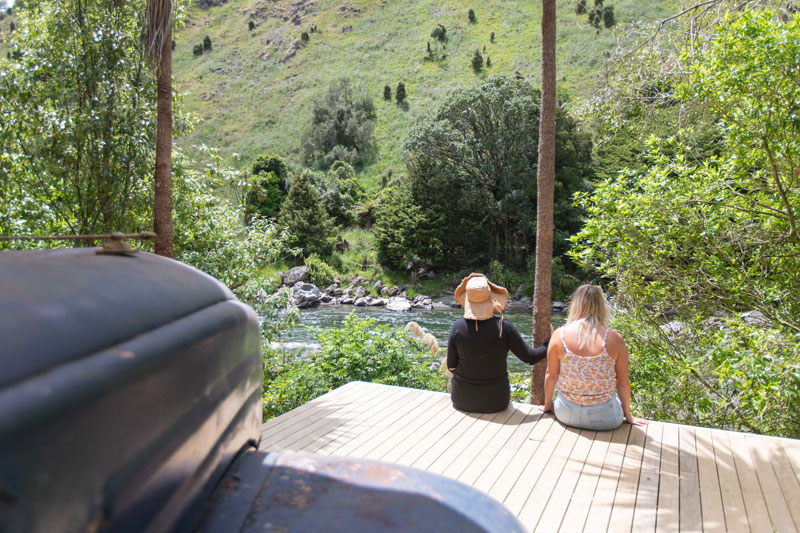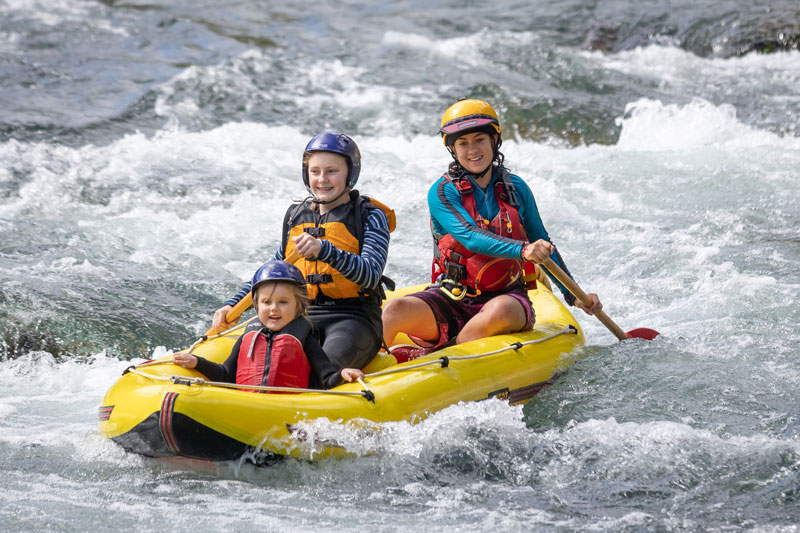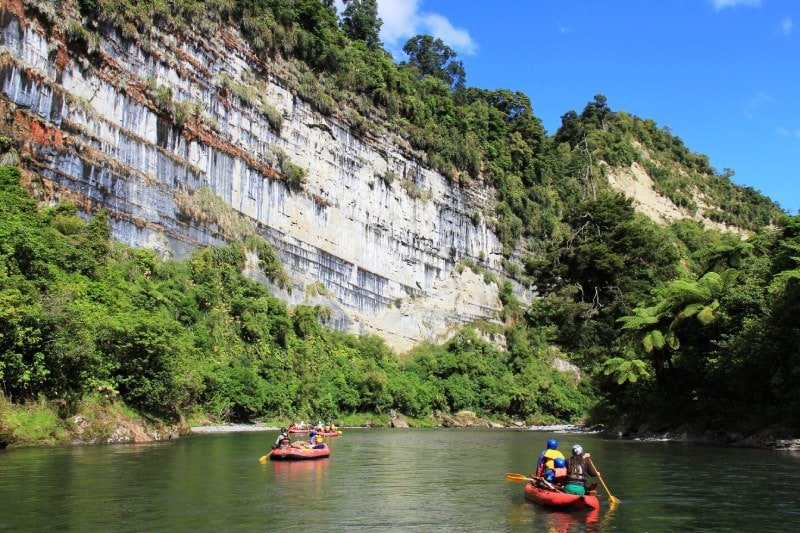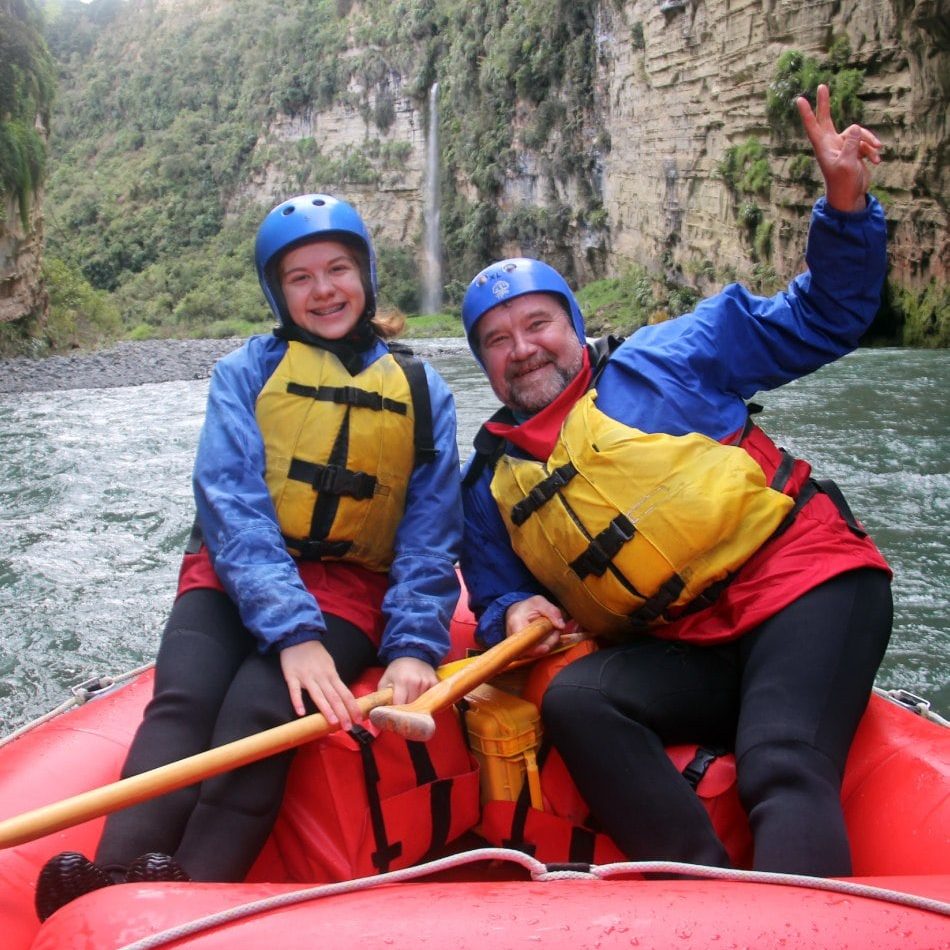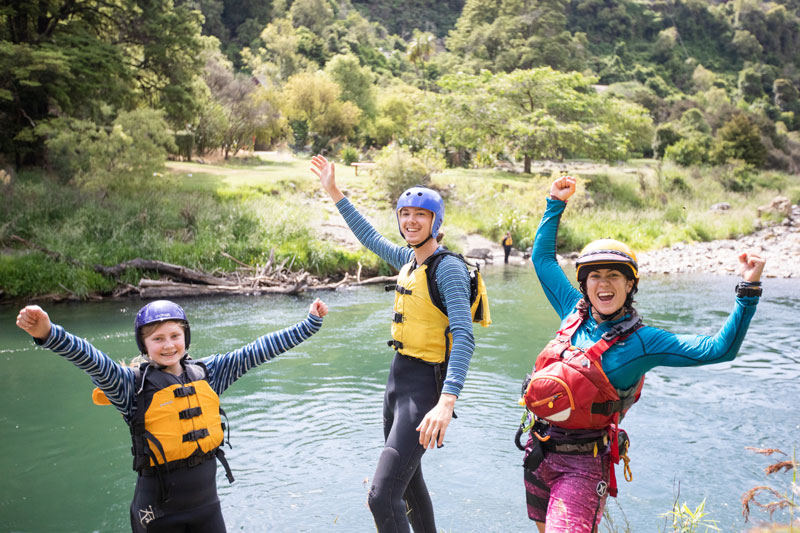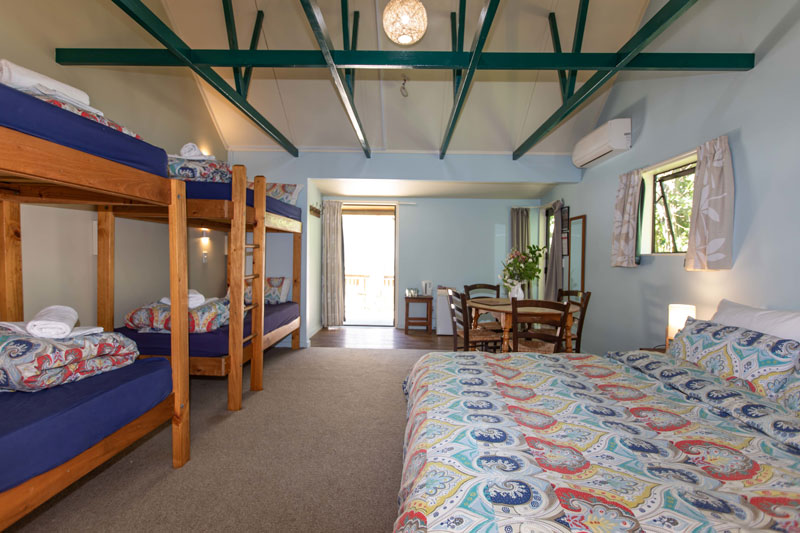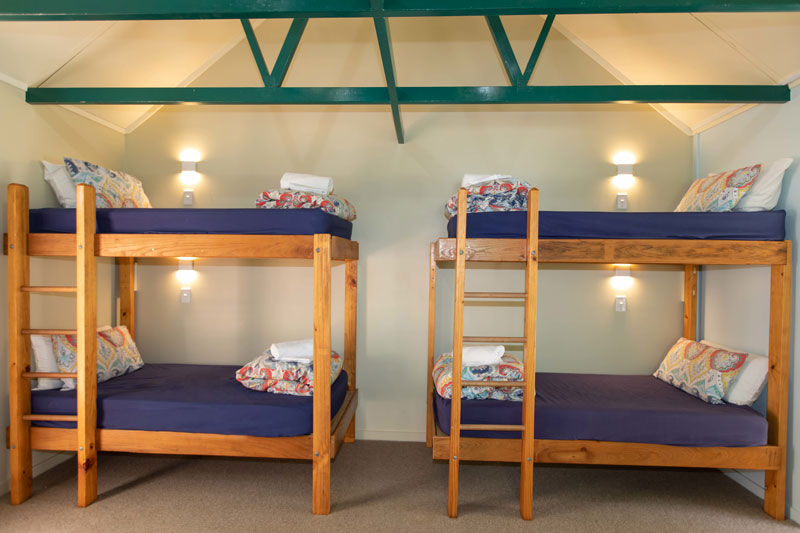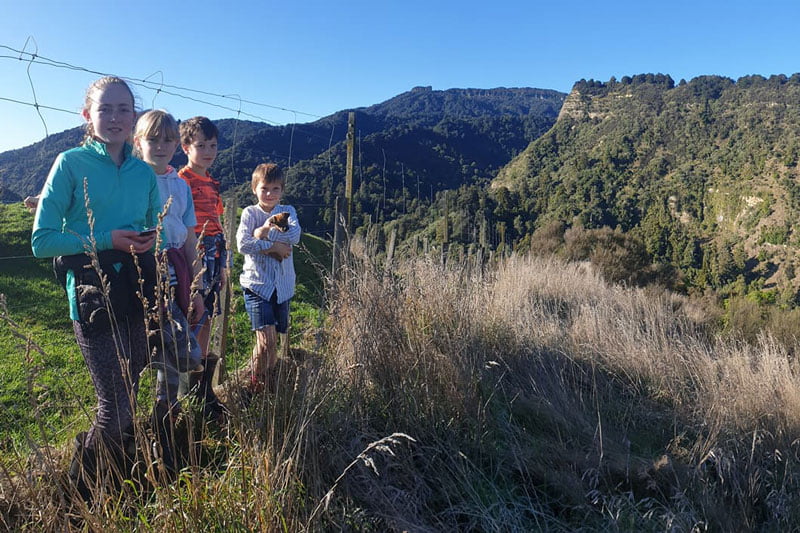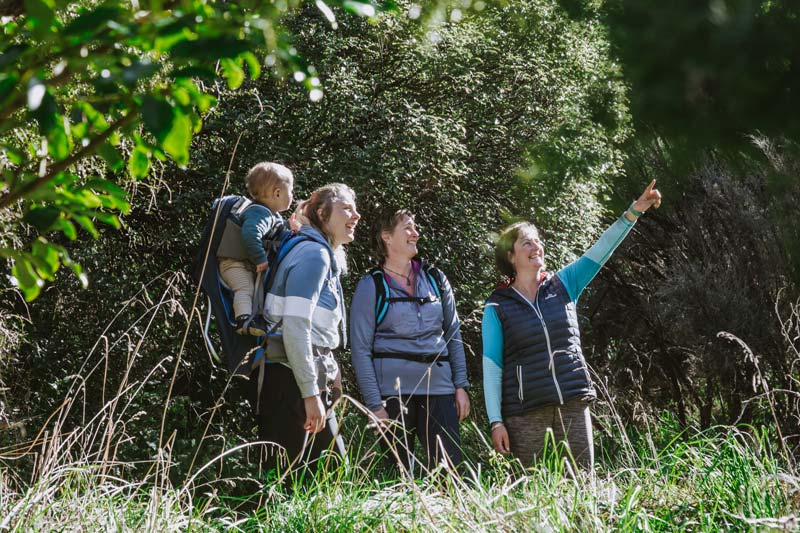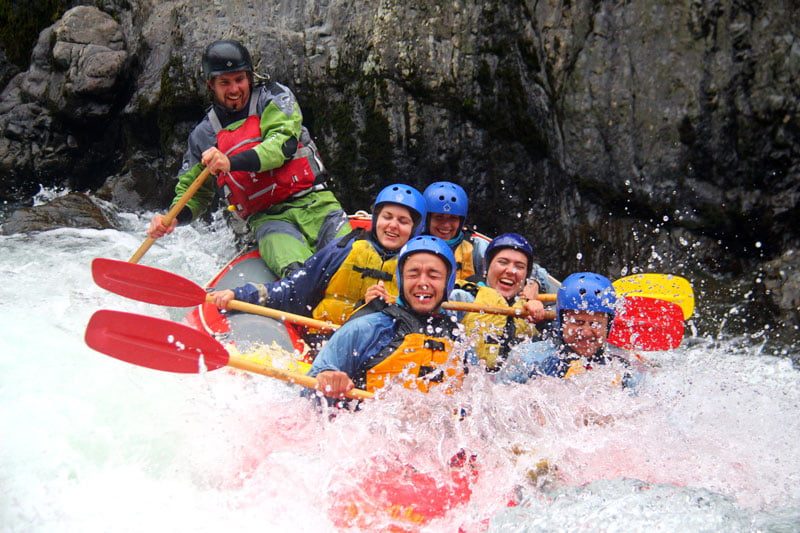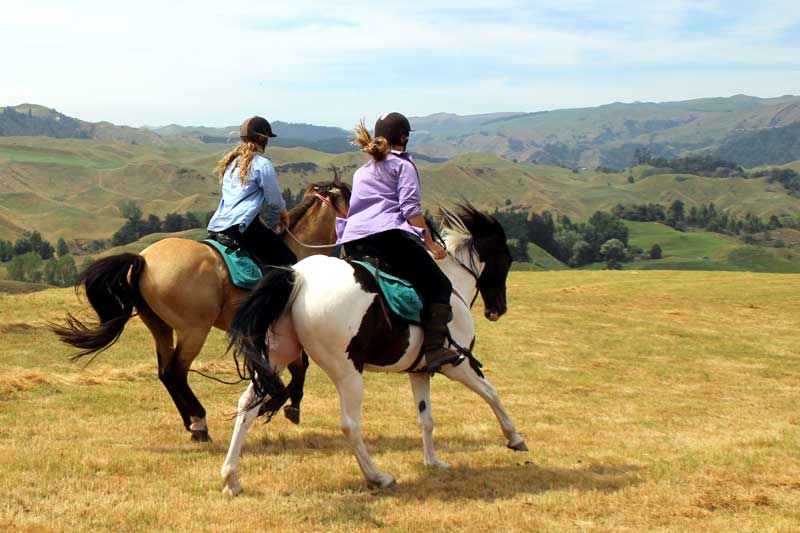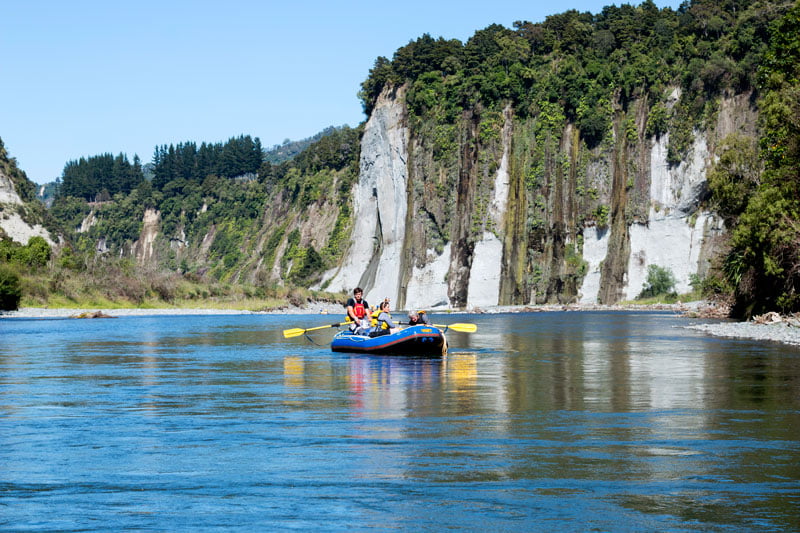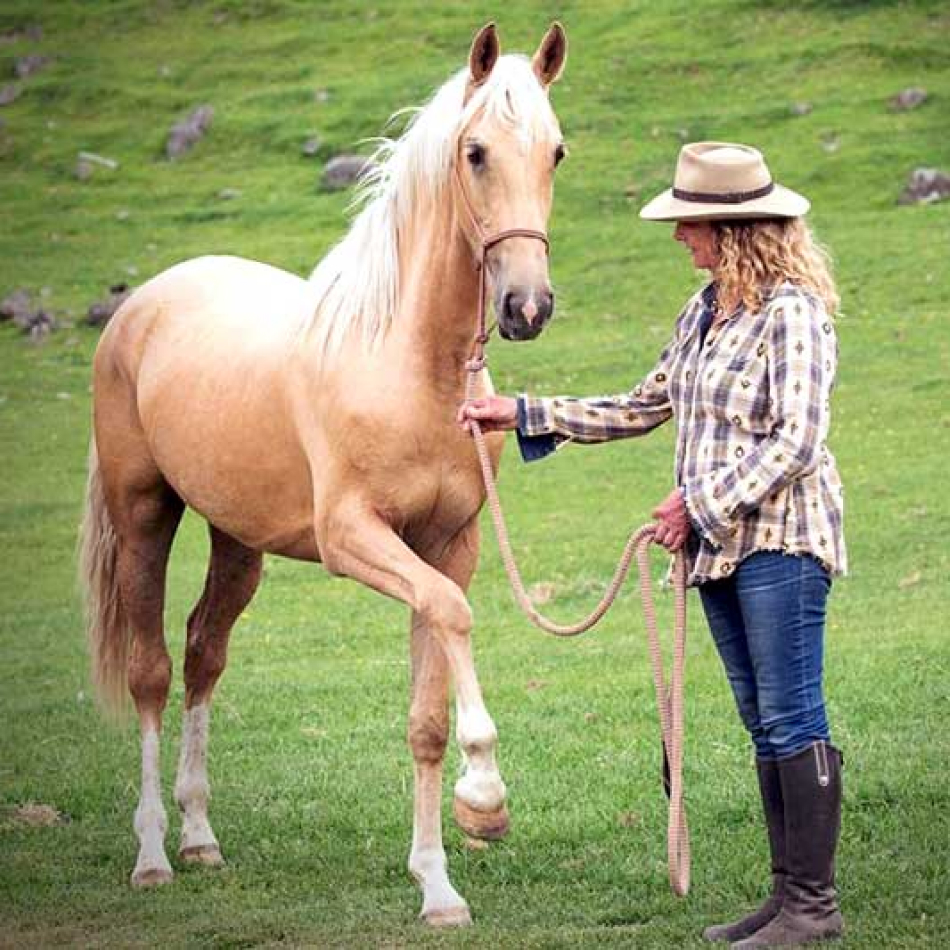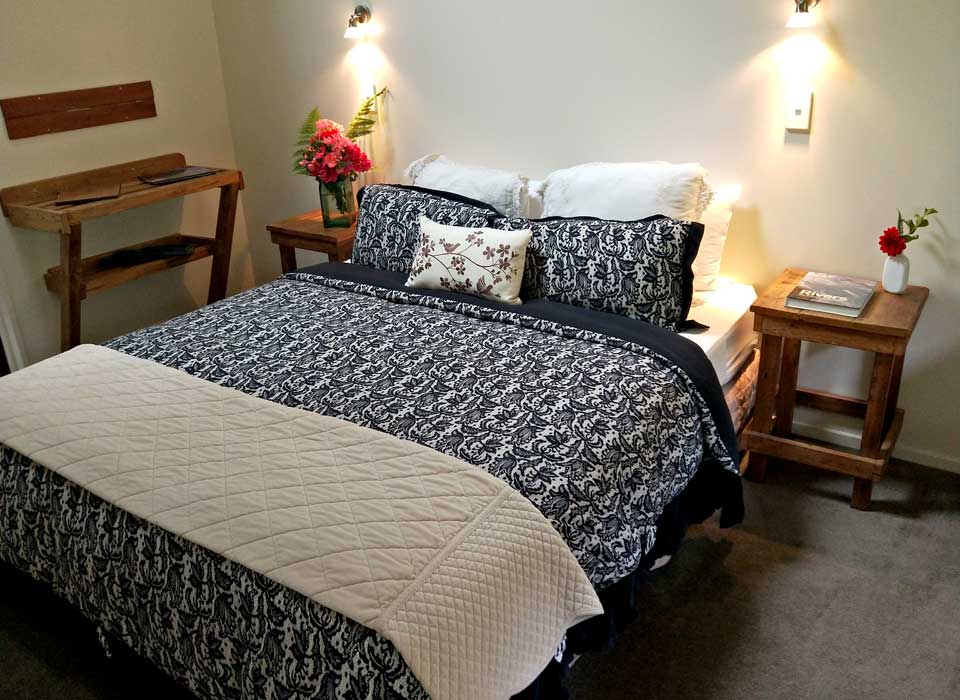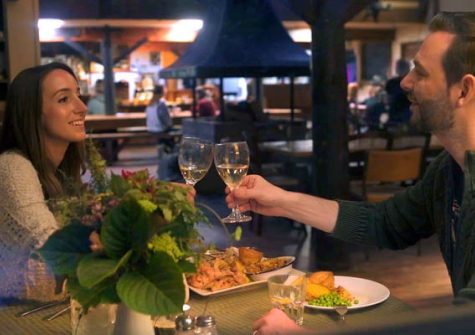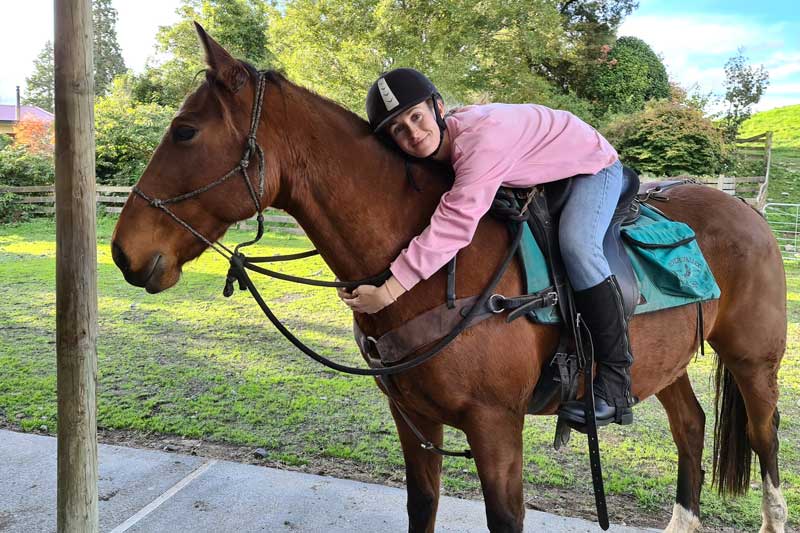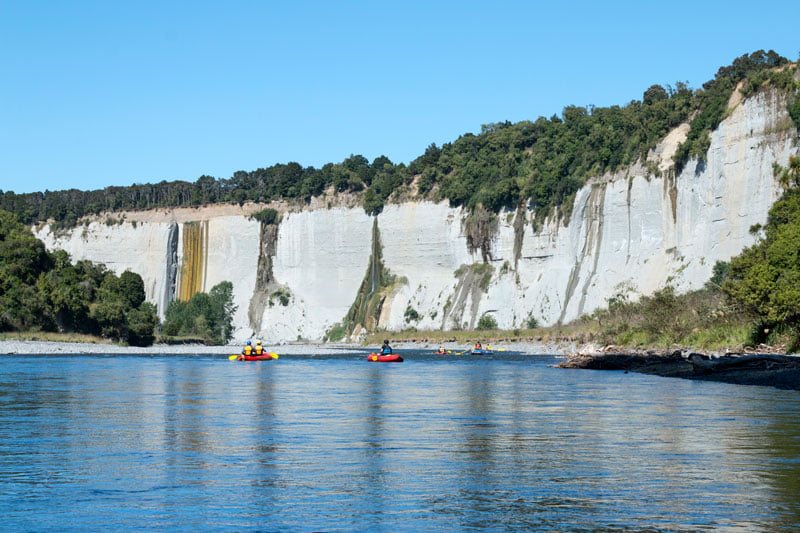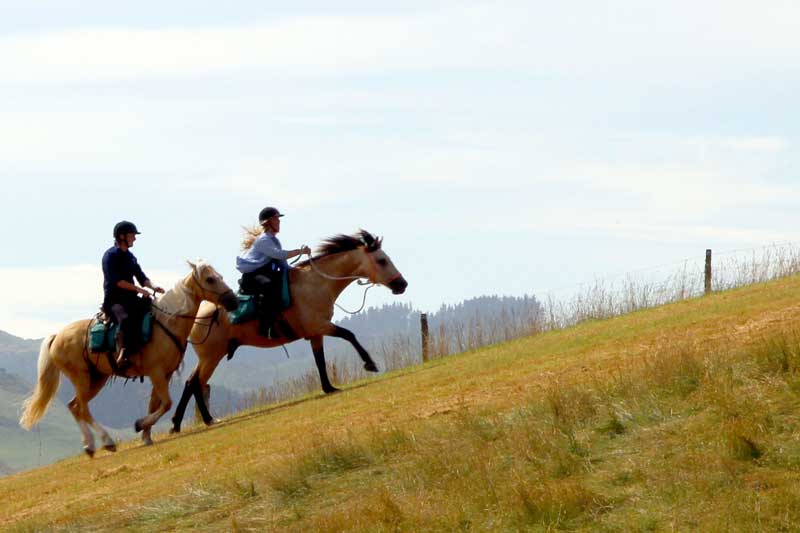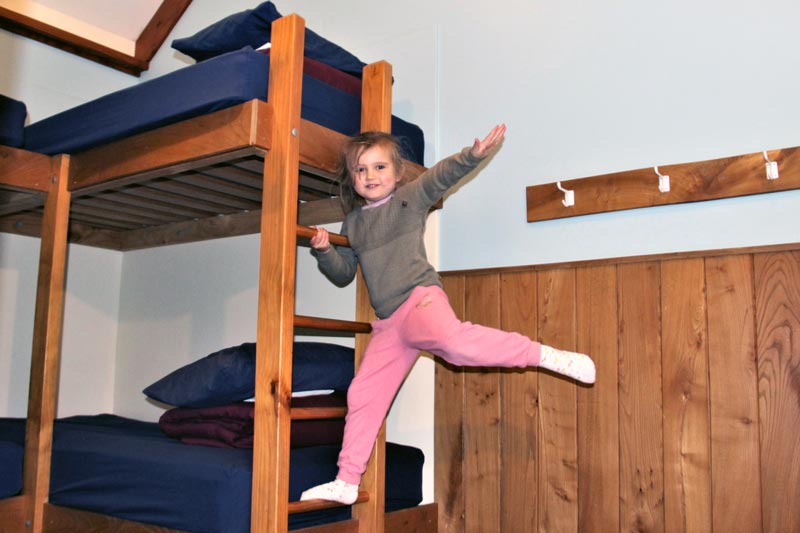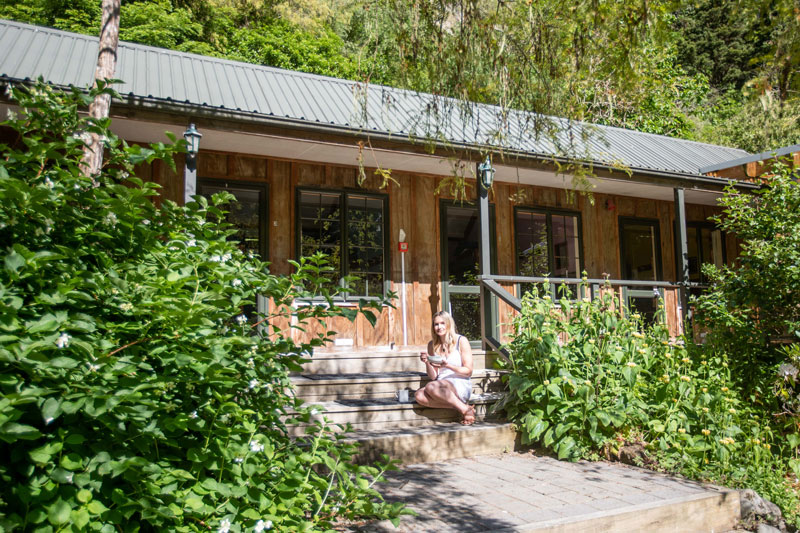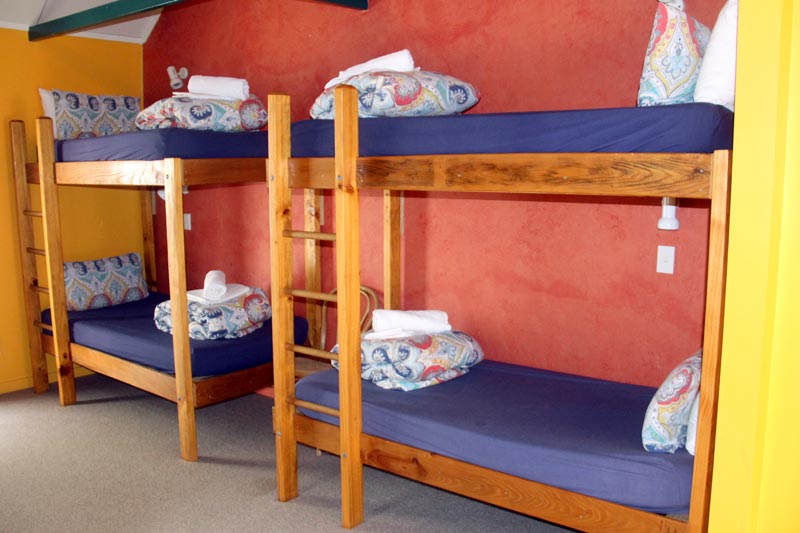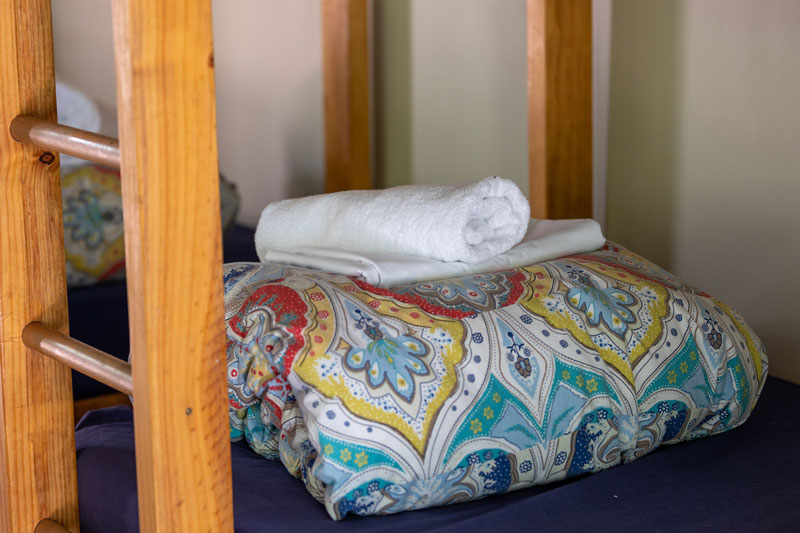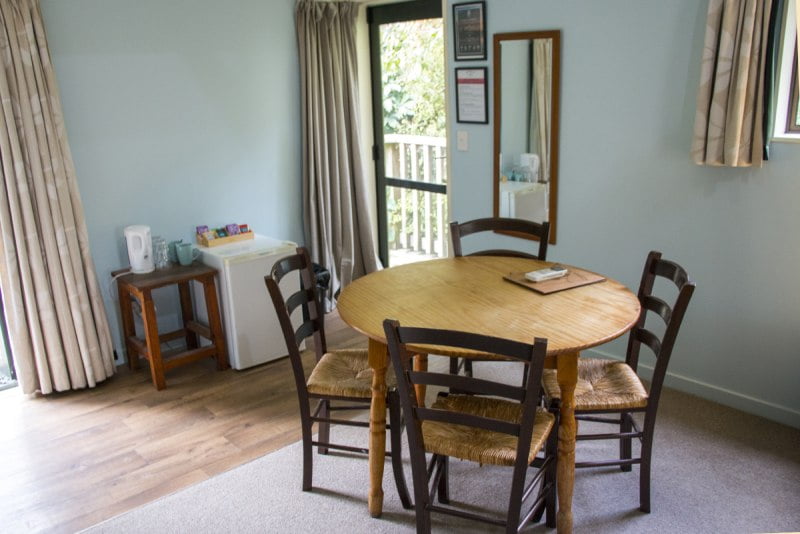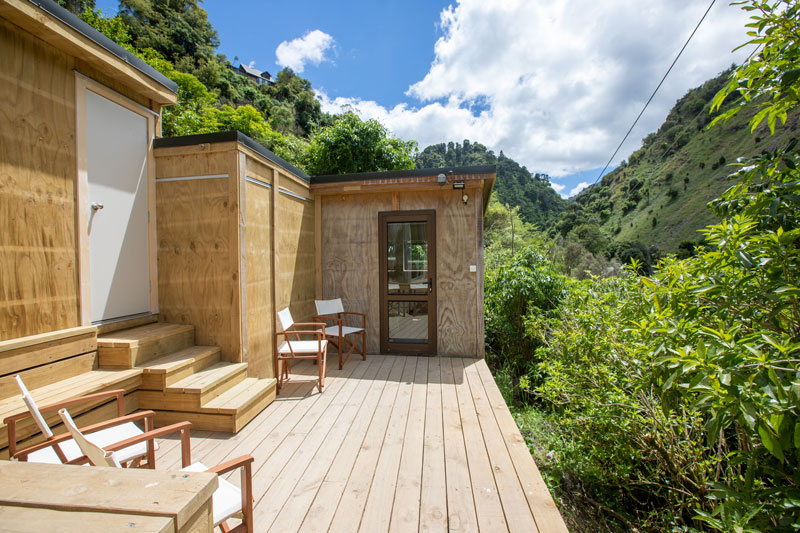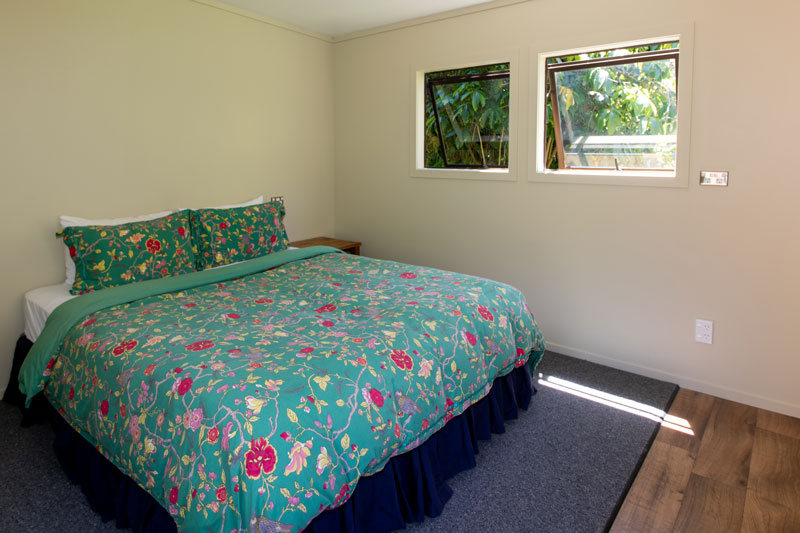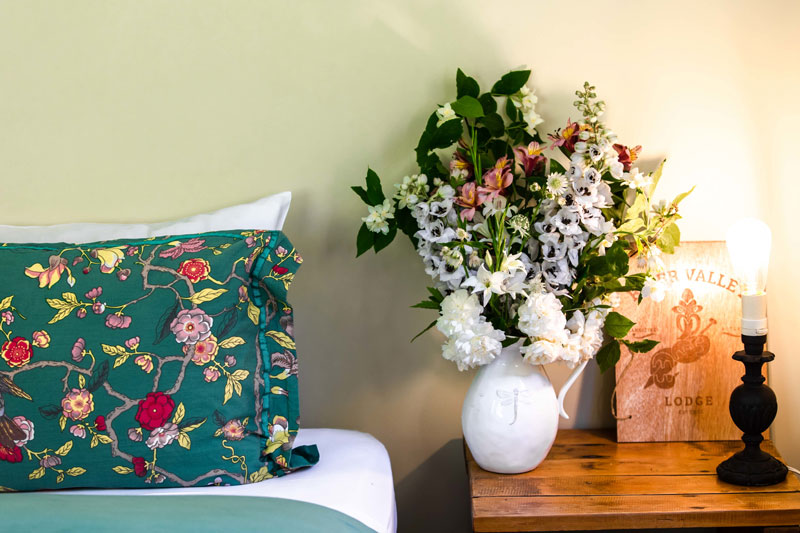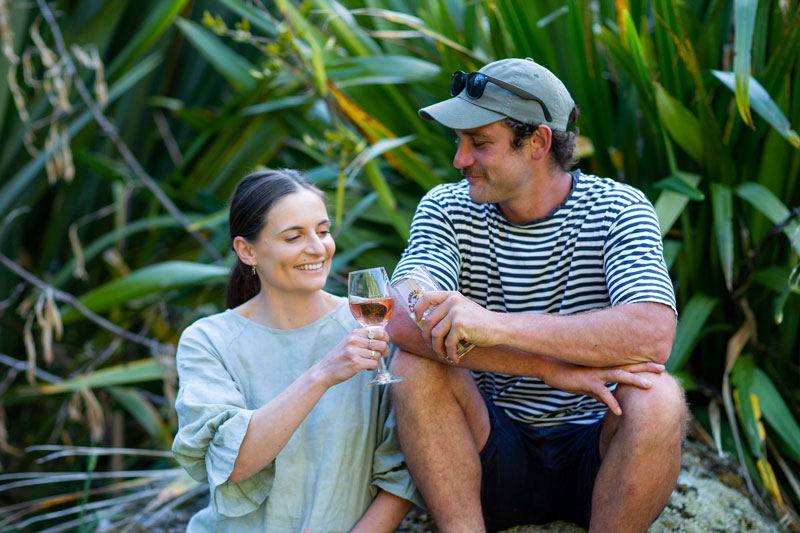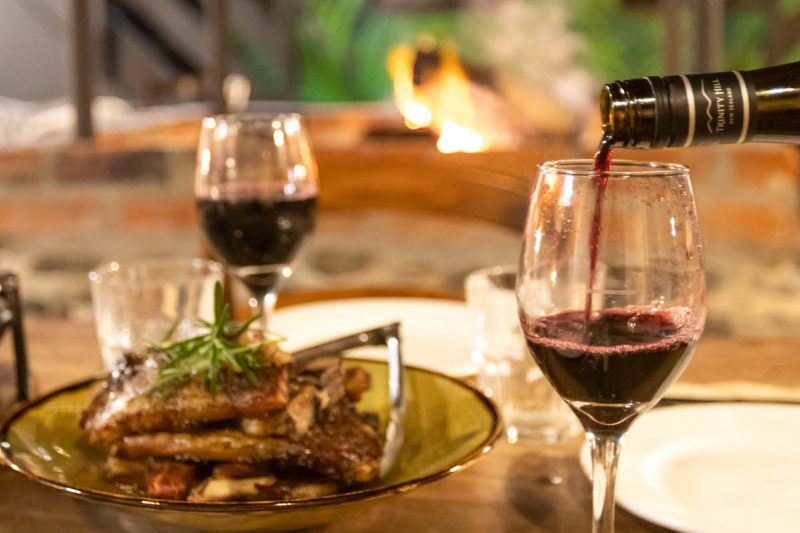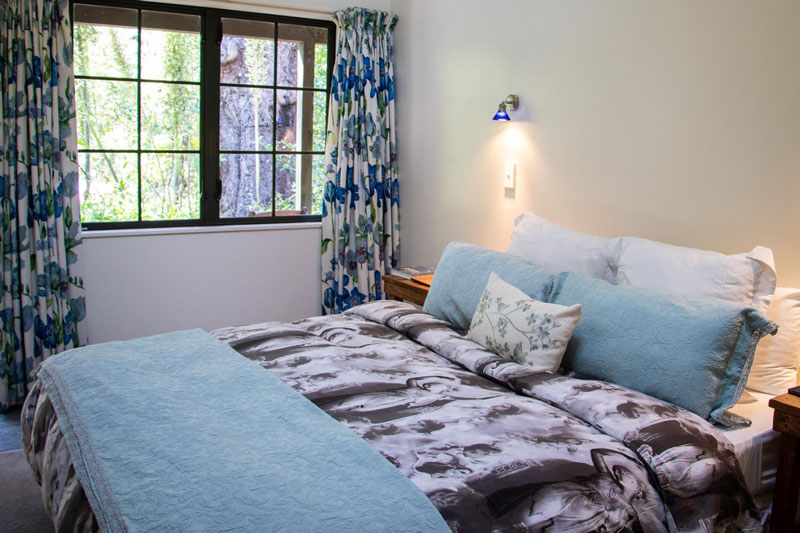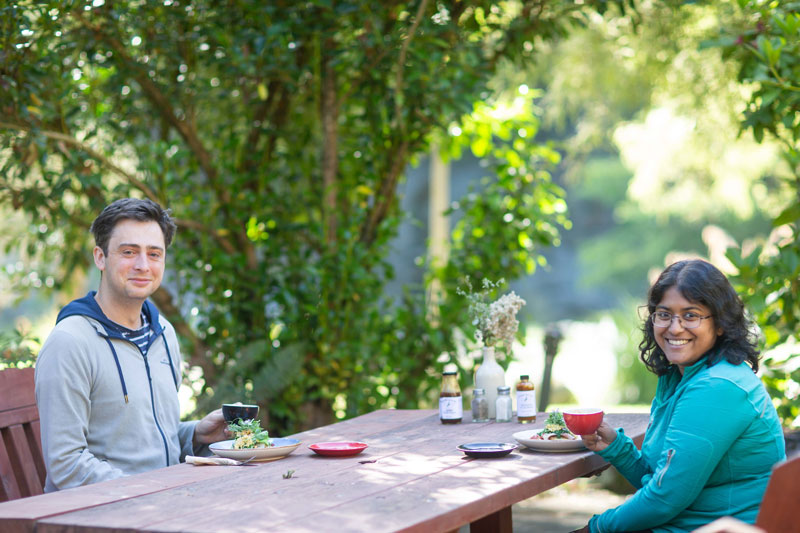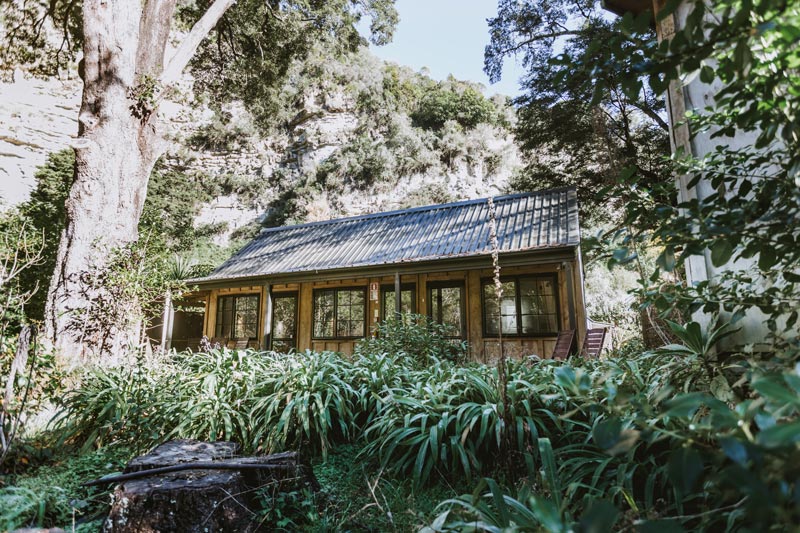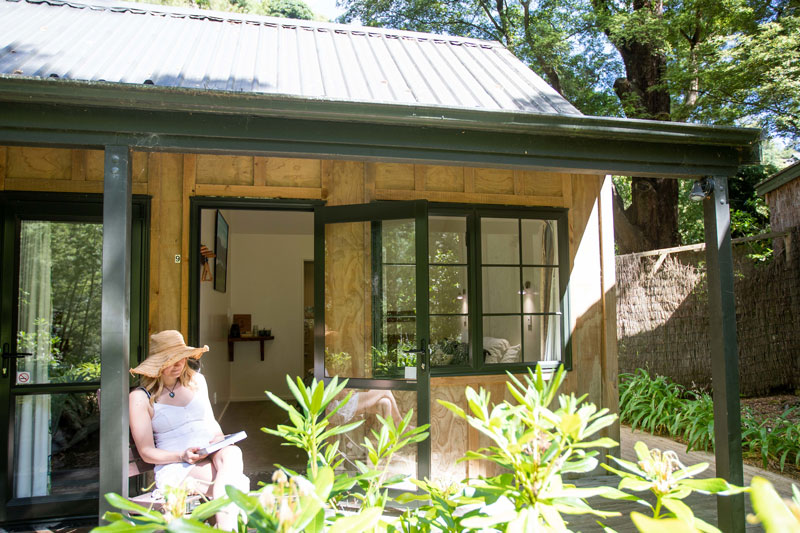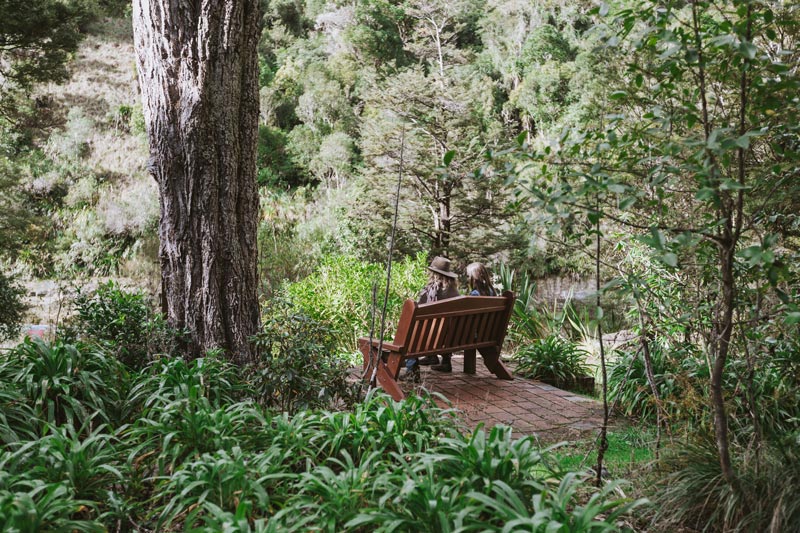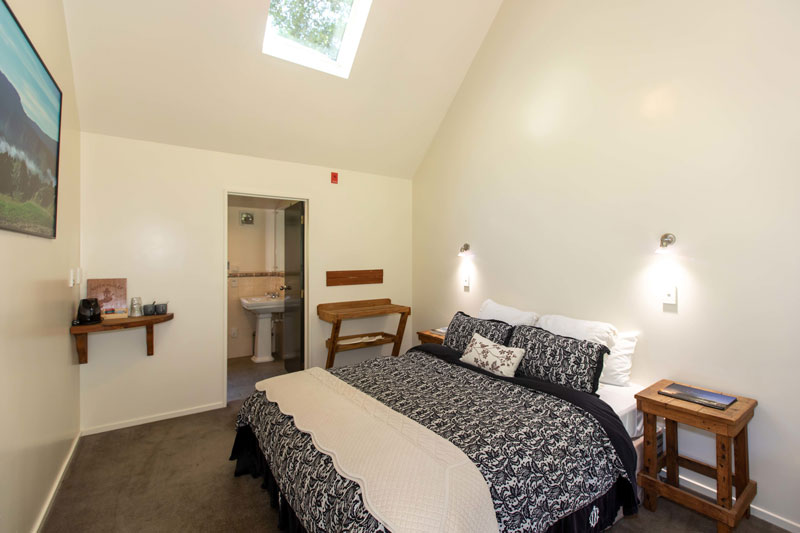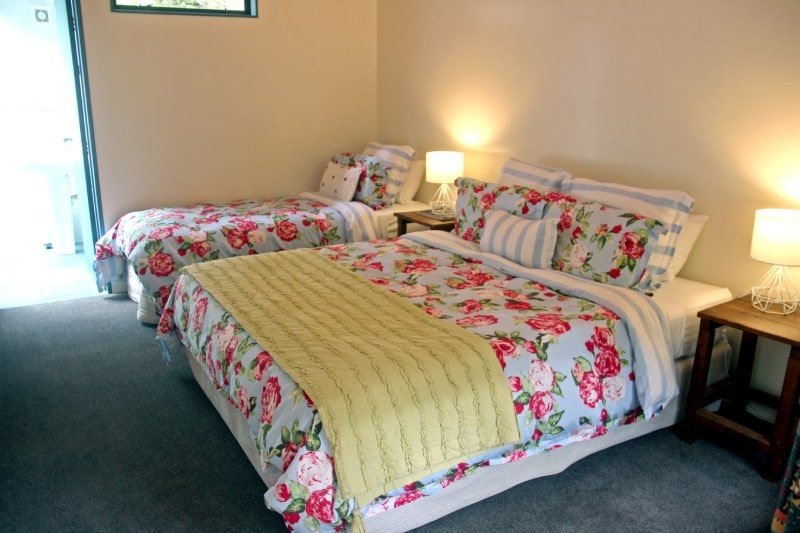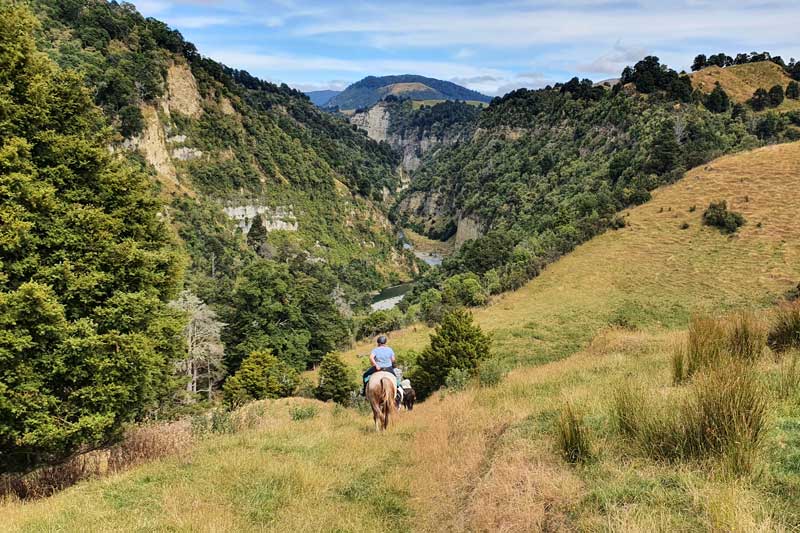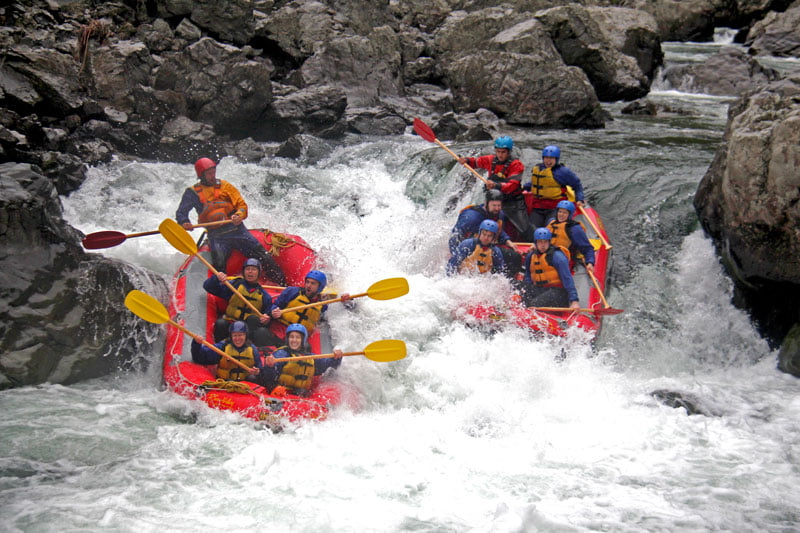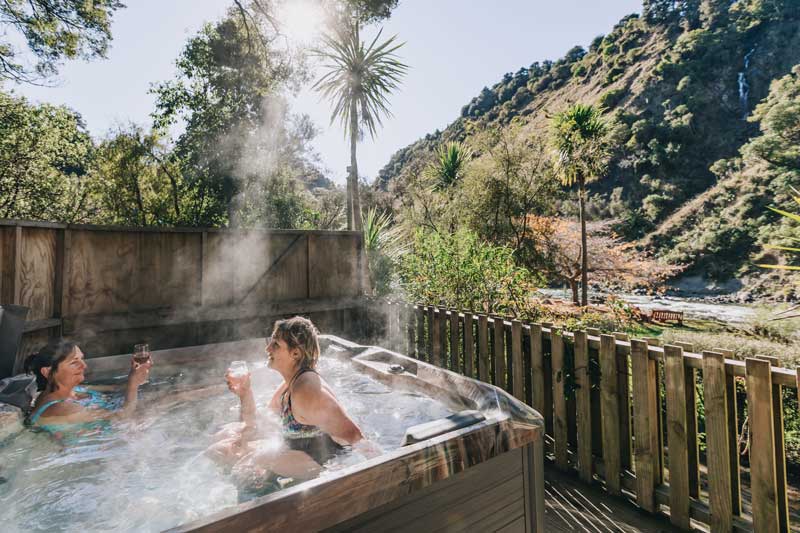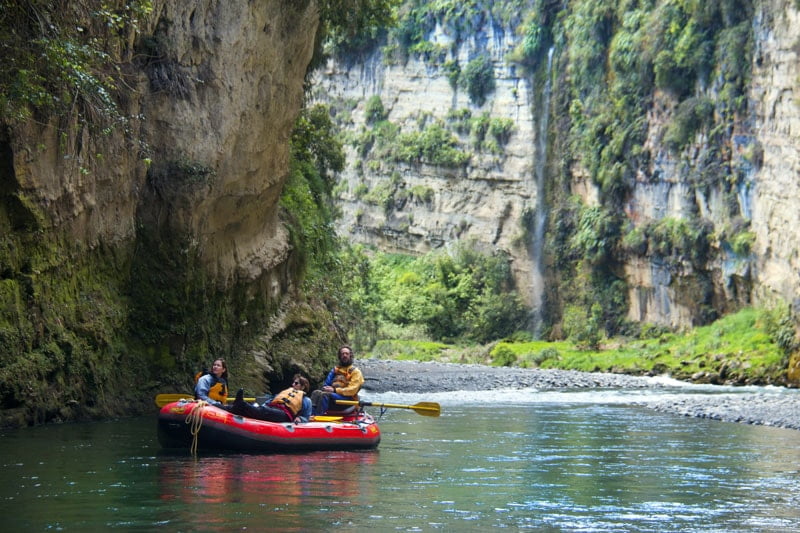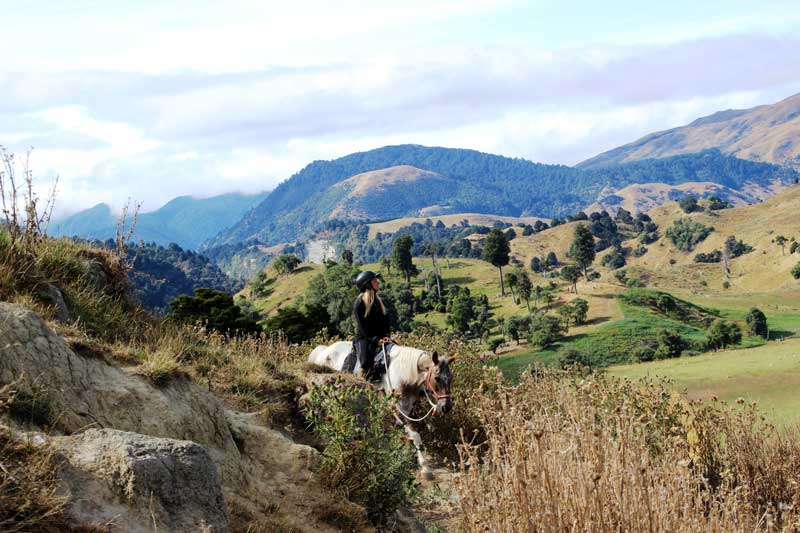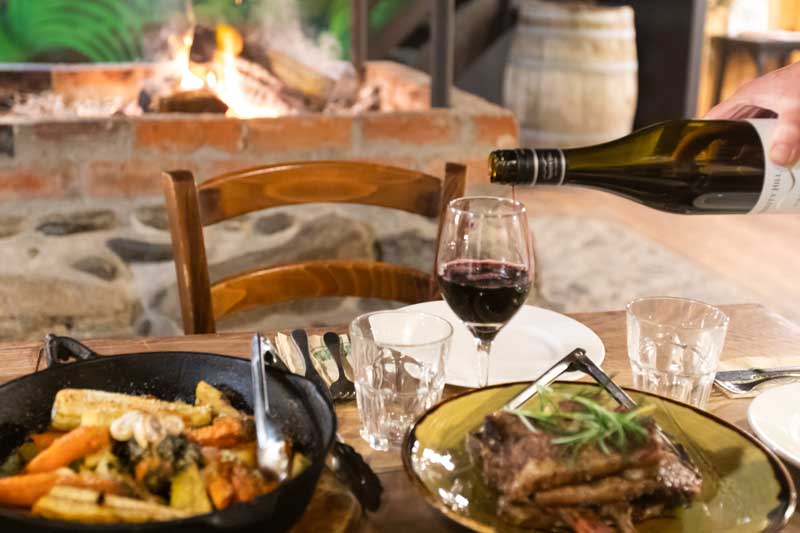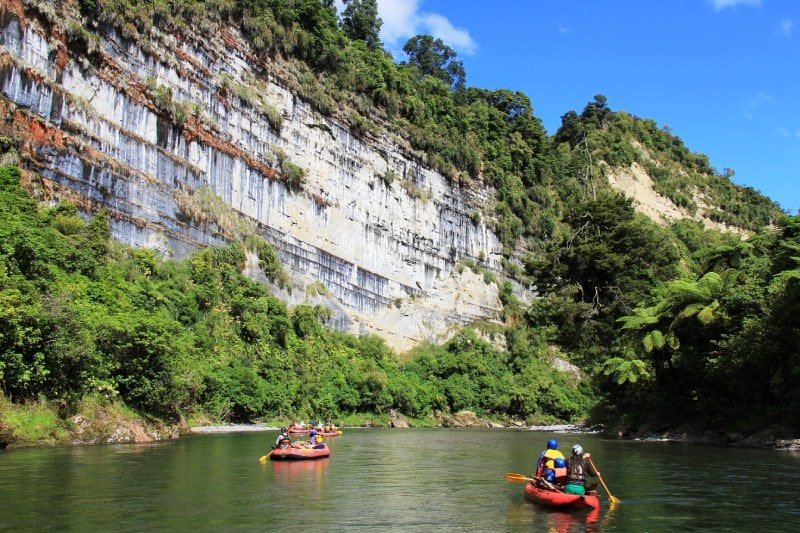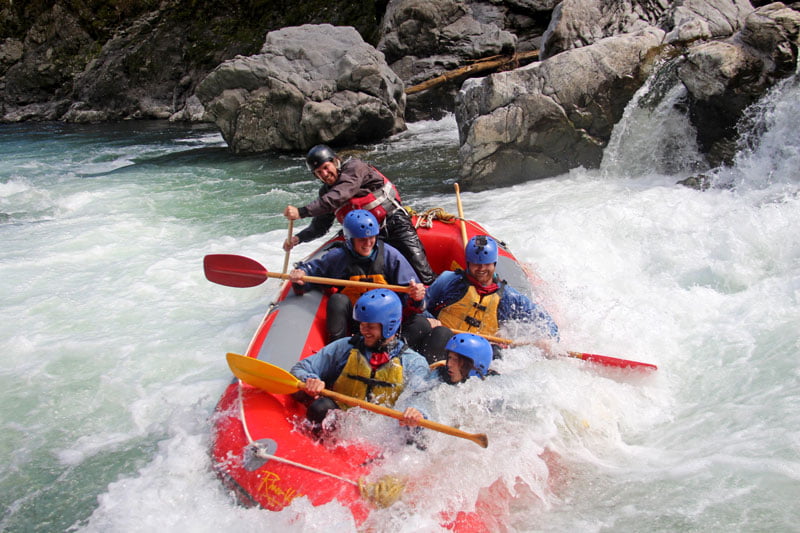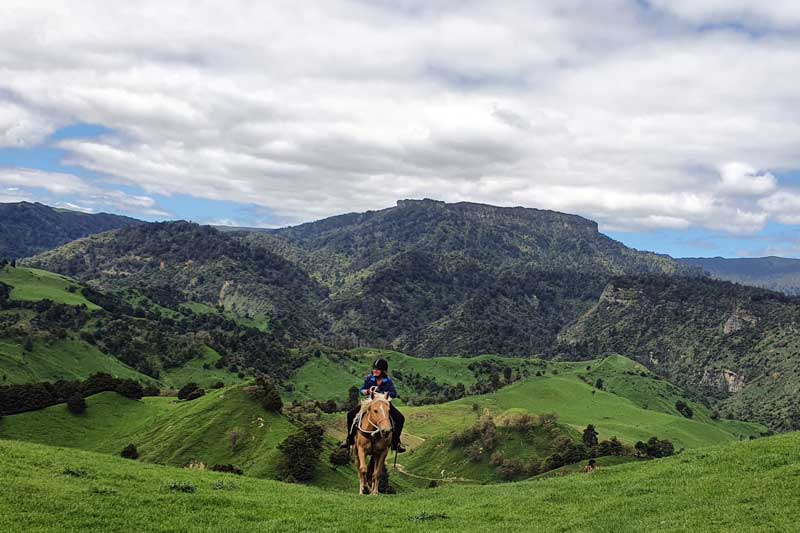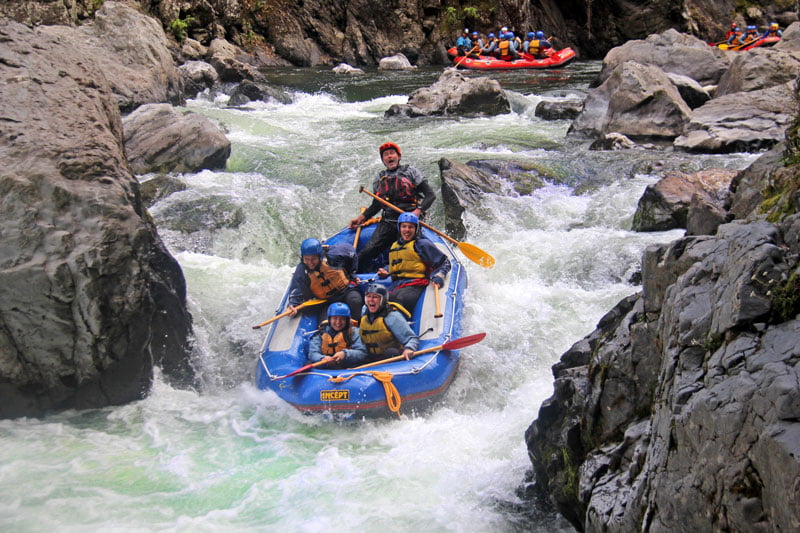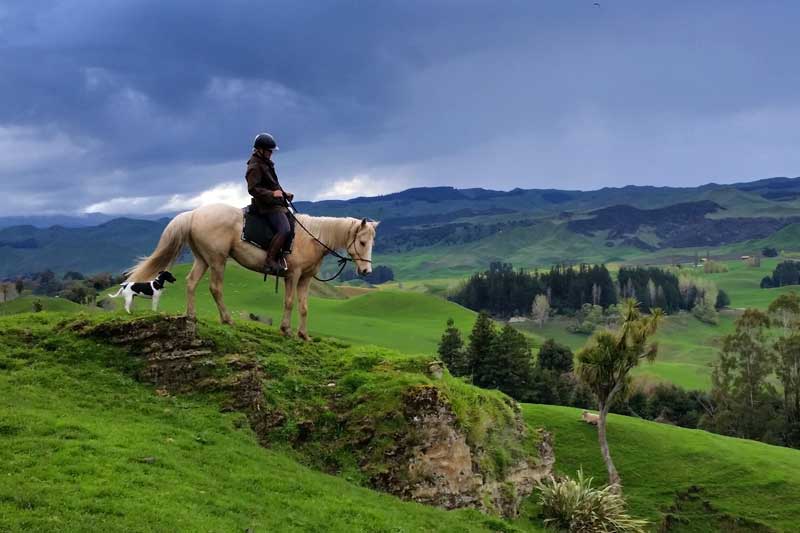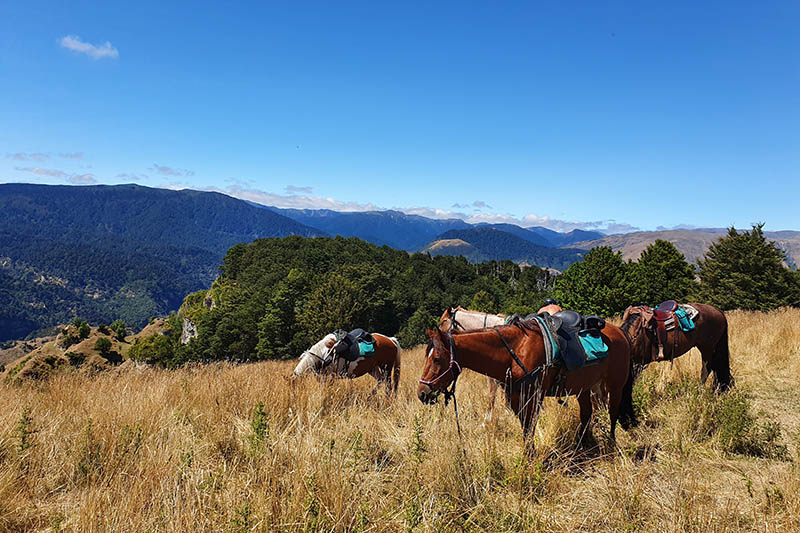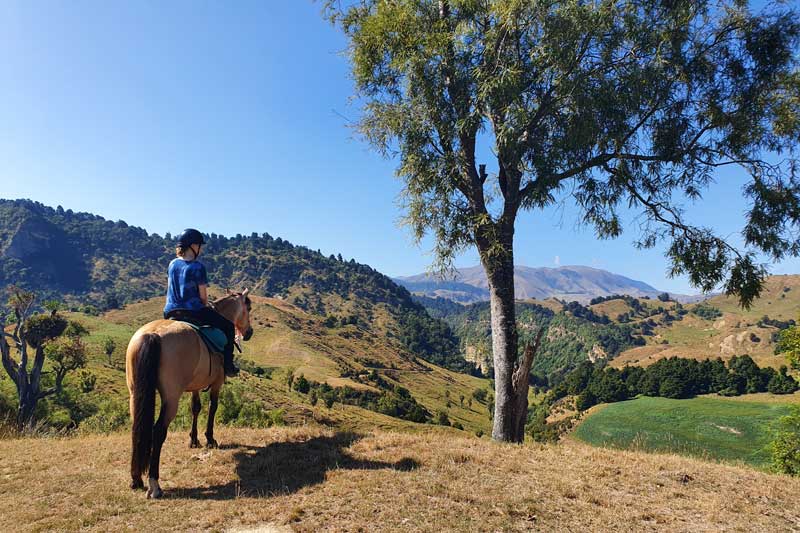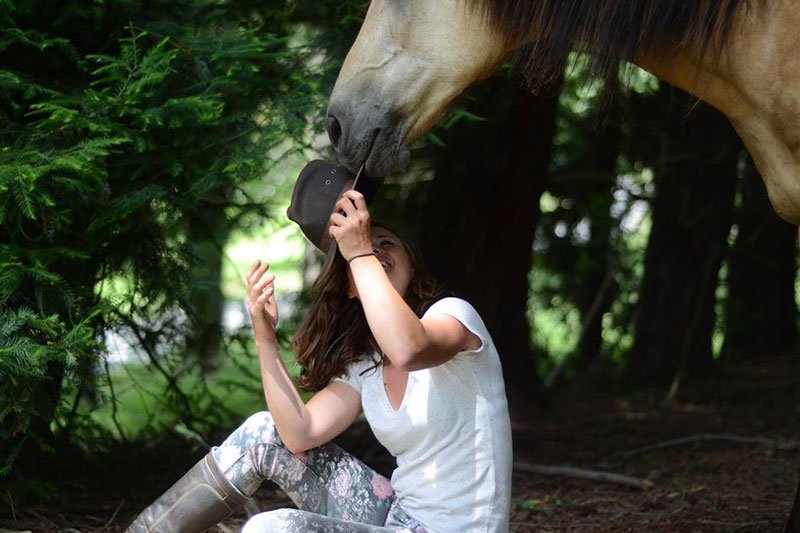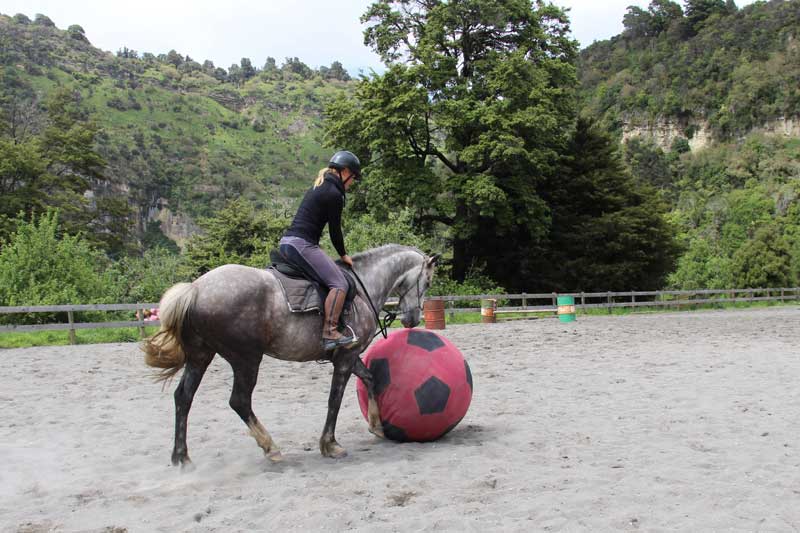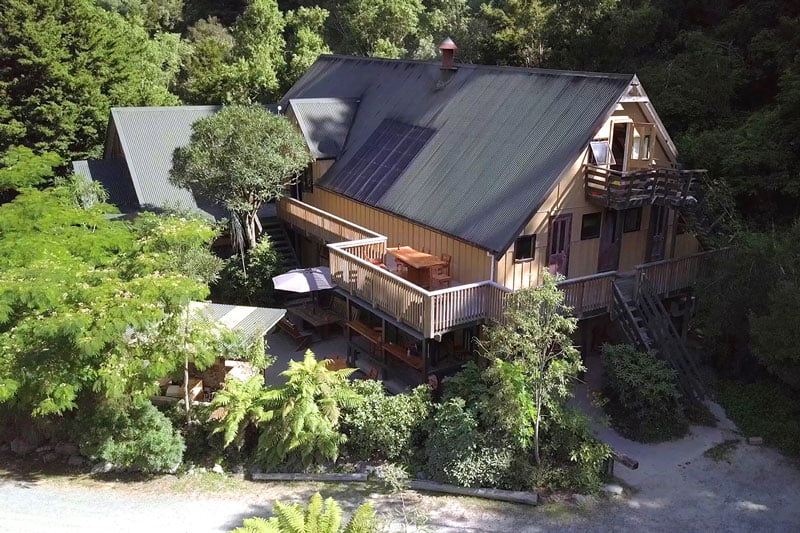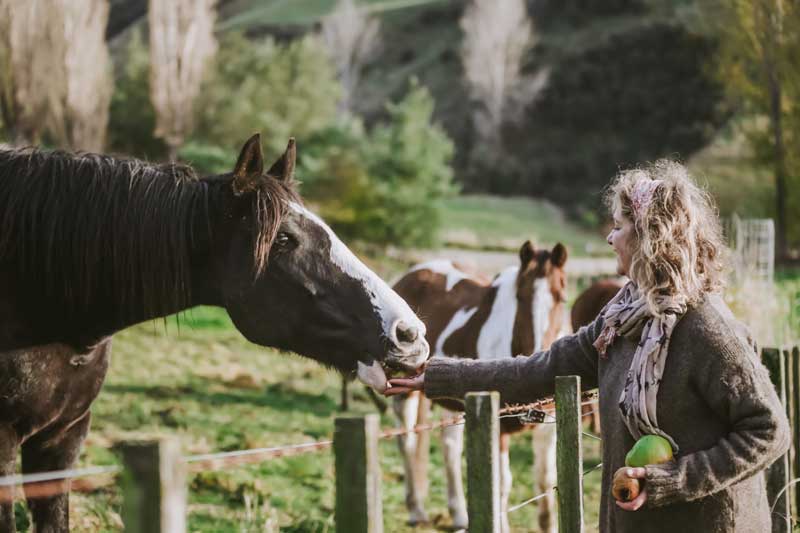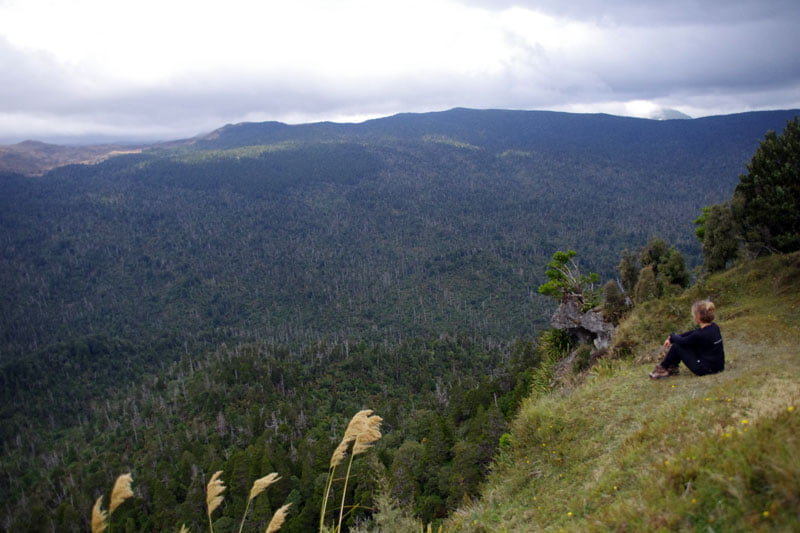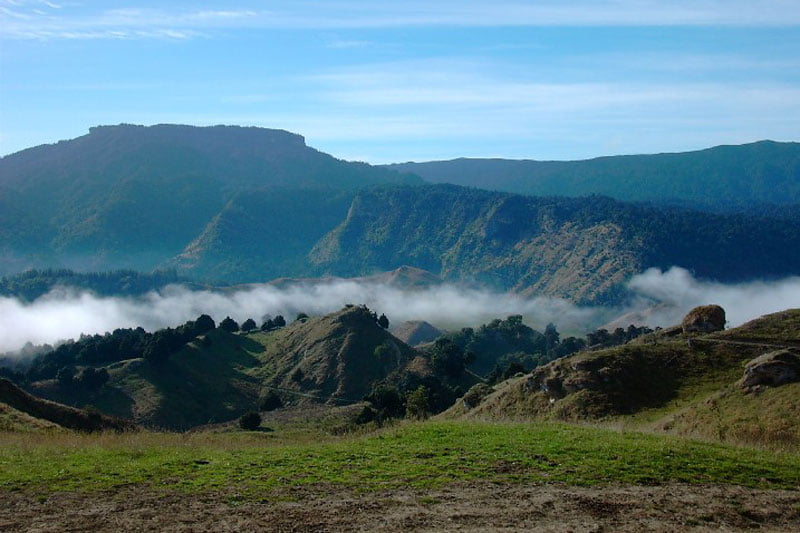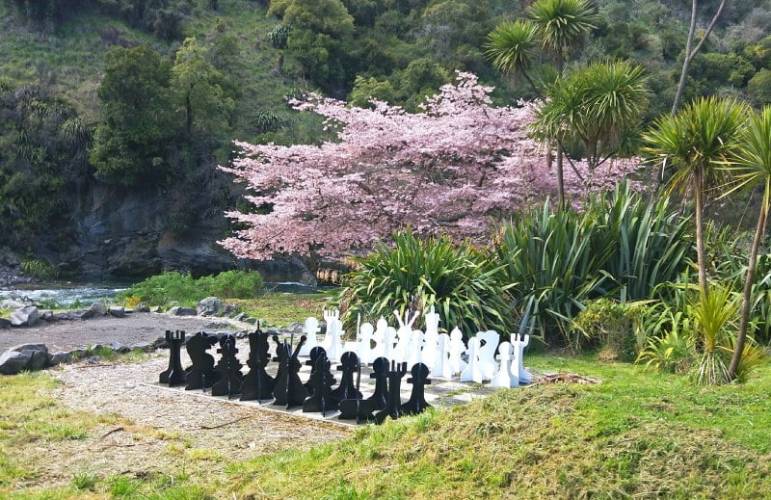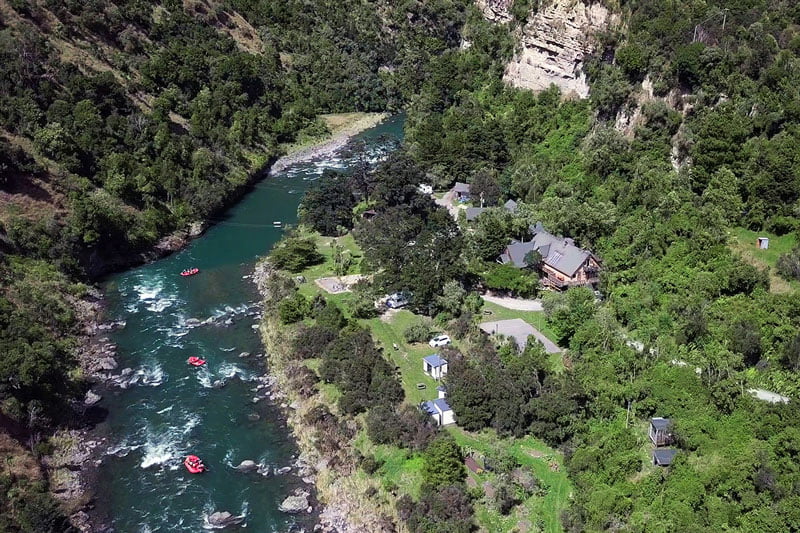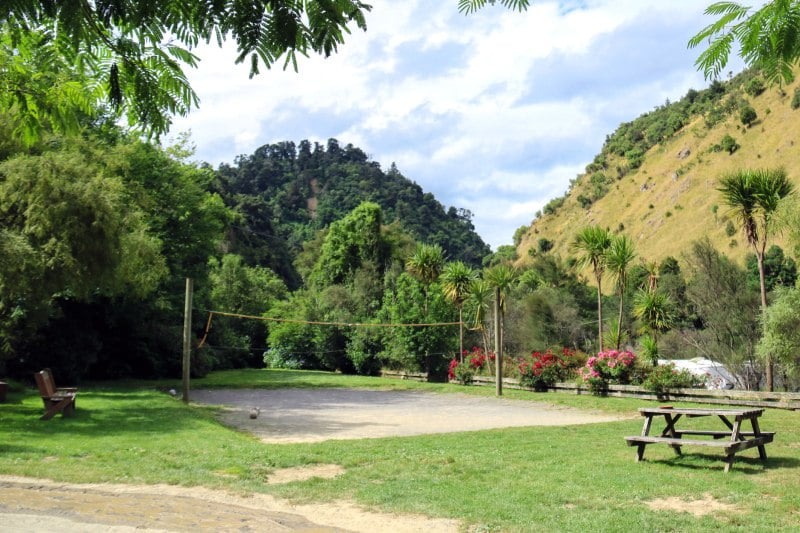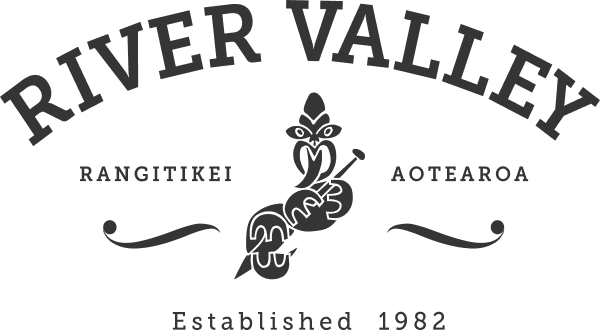Just How Good Are The Hands You Are In When Rafting in New Zealand?
Coming round the corner of the river what a scene met us. We first saw an upside down raft, then a number of people apparently stranded on the opposite bank, while one person looked to be trapped in some way in the middle of the river.
Whatever we had to do to sort the situation out, would have to be done quickly, otherwise there could easily be one or more fatalities.
The Joy of a 4.30am Start
I don’t generally like getting out of bed at 4.30am, and this morning was no exception. However the die was cast, and along with Arnie and Tom we were off to Rotorua for a three day River Rescue Workshop.
While River Valley guiding staff participate in River Rescue Workshops on an annual basis, it was a number of years since I had been to one. I cannot say I was overly happy about going either. It was for three days during a busy time of the year. However new regulations now made it mandatory for Senior Guides to do a course at no more than two yearly intervals.
I wondered to myself during the three hour drive to Rotorua, was this to be a two yearly waste of time?
It may surprise you to hear that I thought that a Rescue Workshop could be a waste of time. After all, I have been a River Guide for 26 years and surely if anyone could see the value in it, that should have been me. The key I told myself to get the most out of it was to be open minded and a keen participant.
Could I Order a Flat White Coffee Please?
The first surprise at the Workshop was that after meeting everybody, we all went to the Okere Store for a discussion and coffee. My sort of Rescue Workshop – cafe based!
During the discussion it soon became apparent that others also had reservations about having to attend. However, our Cafe session soon ended with a strong commitment from all present to give the workshop our best shots.
A Workshop Rather Than a Course
The theme of the Workshop would be to refresh some basic skills, including First Aid, followed by participation in a number of scenarios. The main learning would come from the outcomes of these scenarios, with a thorough debriefing and sharing of ideas.
Many of us had been guides for quite some time, and were expected to be knowledgeable and able to share those ideas and helpful experiences.
Ropes Can Get You Into All Sorts of Knots
One of the first things we did was refresh our knot tying skills. Funnily enough, it was the older guides who had the most problems with remembering knots. Over the years, and I would be a good example, each of us had come to rely on just a couple of knots, while we were required to actually know a good few more. What was surprising was how much fun it was relearning some of those forgotten skills.
After refreshing our knot, rope and First Aid skills, it was off to the River, in this case the Kaituna.
Take a Deep Breath and Swim
It was with more than a little trepidation that I took a deep breath and launched myself from the bank and into the Kaituna River. The initial object was to swim to a tethered raft, climb on it, flip it upside down, climb on to it again and flip it the right way up. From there, swim down the river to another raft, be tethered on a rope attached to your safety harness while swimming in the current, release yourself, swim down through a Class 3 wave, and try and make the eddy on the right hand bank.
From the left hand bank, someone would throw a rope to you and pull you across the strong current to their bank.
Nothing to it, Right?
While the basic skills required were what every river guide should be able to do, swimming rapids is what most of us also try and avoid. But it would be these and other skills that we would refine and test over the remaining two days, mostly on the Rangitaiki River.
Two days filled of scenarios testing our decision making and how we used the experience and skills in our mental toolbox.
A Waste of Time?
Some of us certainly had reservations about having to attend the workshop, and several initially thought it was going to be a waste of time. I was certainly was one of those who had reservations.
By the end of the third day, those reservations had been laid to rest. The camaraderie of working with other skilled professionals, and the reawakening and cementing in place of previously dormant skills was both rewarding and fulfilling.
Good Hands
New Zealand River Guides are Professionals. This was certainly brought out during the Workshop. As I watched and worked with other rafting guides over those three days, I realised what good hands most of our white water rafting customers are in.
Good hands that not only know their stuff, but are also fun and knowledgeable. The experience left me feeling very comfortable with the direction the New Zealand rafting scene is going in. No other country in the world that white water rafts has such a solid base of skill development as New Zealand.
Yes, the opening paragraph of this article described one of the scenarios we had to deal with. A scenario that was very quickly and efficiently resolved. Is this sort of scenario likely to happen? The truth of the matter is that situations such as the one described are rare.
New Zealand River Guides are Professionals. If you have not experienced a New Zealand river, then now may be the time to get out there, and put a wetsuit on, knowing that you are in the hands of guides who are not only professionals, but good people as well.
To find the right New Zealand Rafting trip for you, please click here
Arnie re-righting a tethered raft during a training session
Derek experiencing the full below the line feeling
Derek swimming on a tether in Overhang Rapid
Ants attending to a simulated entrapment victim.
Arnie and Derek working with some staff playing the role of victims
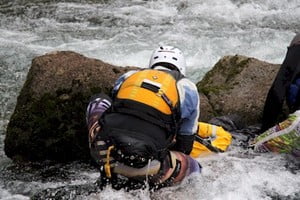
Ants stabilising a simulated entrapment victim
Arnie taking the plunge on a tethered line

